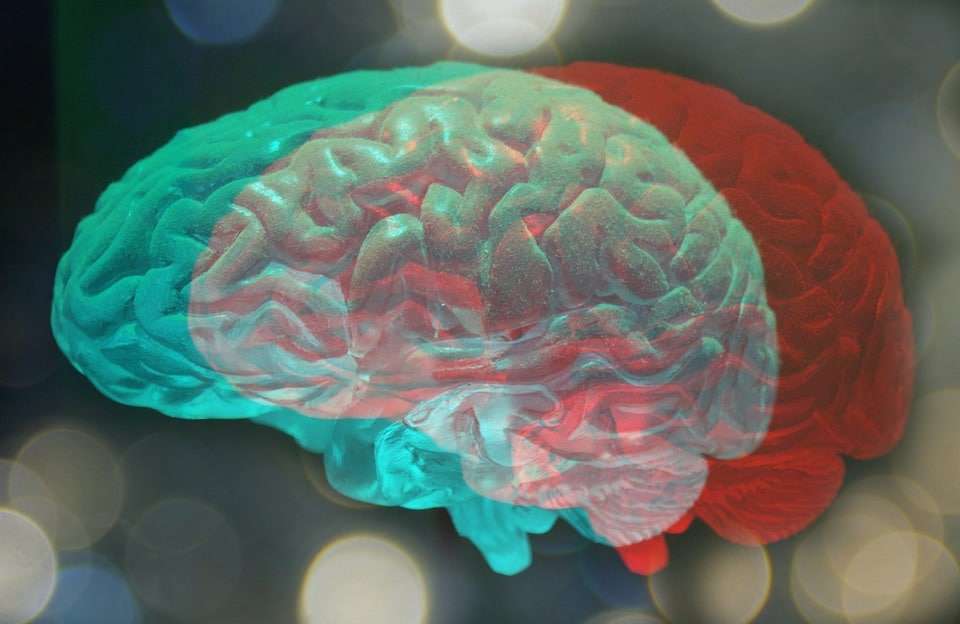
Dr Chandril Chugh
MBBS ( Delhi), MD, DM(ABPN), Neurosurgenology, FAHA, FACP, FINR, FNCC
All You Need to Know About Epilepsy Symptoms, Types and Treatment from Best Pediatric Neurologist
What Is Epilepsy?
Epilepsy, sometimes known as a “seizure disorder,” is a broad category of neurological illnesses that can range in severity and kind and are characterised by recurring seizures. A person is deemed to have epilepsy if they have experienced two or more seizures that were more than twenty-four hours apart and weren’t brought on by particular occurrences like a stroke, brain injury, infection, fever, or changes in blood sugar. If a person experiences one or more unprovoked seizures and is at risk for additional ones in the future, they may also be diagnosed with epilepsy.

Causes of Epilepsy
The cause of epilepsy in about 50% of cases is unknown. Numerous factors, including the following, may be responsible for the disease in the other half:
genetic determinism. Epilepsy can run in families in some cases. There is most likely a hereditary component in these situations. Certain kinds of epilepsy have been linked by researchers to particular genes. But not all cases of epilepsy are passed down through families. A child’s genes can change even if they are not inherited from their parents.
brain injury. After a head injury from a car accident or another traumatic injury, epilepsy may develop.
diseases of the brain. Brain abscess, meningitis, encephalitis, and neurocysticercosis are a few examples of infections.
disorders of development. There are instances where epilepsy and developmental issues coexist. Autism sufferers experience epilepsy more frequently than the normal population. Additionally, research has demonstrated a higher prevalence of ADHD and other developmental problems in epilepsy patients.
before birth injury. Babies are vulnerable to brain injuries that could be brought on by a number of events even before birth. They could be oxygen deficiency, inadequate nourishment, or an infection in the mother. This brain injury may lead to epilepsy or cerebral palsy.

What symptoms and signs are associated with epileptic seizures?
Recurrent seizures are epilepsy’s primary symptom. Your symptoms, however, vary based on the type of seizure you experience.
Signs and symptoms of seizures include
- temporary loss of consciousness or awareness.
- Muscle jerking, loss of tone, and uncontrolled muscle action
- “Staring into space” or a blank stare
- temporary disorientation, sluggish thinking, communication, and comprehension issues.
- alterations in taste, smell, hearing, vision, or sensations of tingling or numbness.
- difficulty understanding or speaking.
- Goosebumps, waves of heat or cold, and an upset stomach
- Lip-smacking, chewing gestures, and hand and finger rubbing
- signs of the paranormal, such as terror, dread, anxiety, or déjà vu.
- increased breathing or heart rate.
- Since most epileptics experience the same kind of seizure, their symptoms are identical.
What are some typical risk factors for epilepsy?
Although many epileptic diseases start in childhood, stroke is one of the leading causes of epilepsy that manifests later in adulthood. Epilepsy is also influenced by genetics.
If you have epilepsy, the following additional variables could make you more susceptible to seizures:
- Bad Diet
- Lack of Sleep,
- Usage of drugs or alcohol

How do I identify epilepsy?
Technically, you are said to have epilepsy if you have two or more seizures that weren’t brought on by a known medical disease, like alcohol withdrawal or low blood sugar. Your doctor (or epilepsy specialist) will do a physical examination, ask about your medical history, and possibly order blood testing (to rule out other reasons) before reaching a diagnosis. They might perform additional tests and inquire about your symptoms before and after the seizure.
Your medical professional will inquire if any of the following occurred during your seizure from you or a family member who witnessed it:
- Jolts of muscle
- muscle rigidity.
- loss of bladder or bowel control (you urinated or defecated while having a seizure).
- breathe differently.
- The skin tone became pallid.
- had an empty gaze.
- I became unconscious.
- experienced communication or understanding issues.
What leads to seizures?
Events or things that take place before the onset of your seizure are known as seizure triggers.
Typical seizure causes reported include
- Stress.
- difficulties with sleep.
- recreational drug usage, alcohol consumption, and alcohol withdrawal.
- alterations in hormones, including monthly hormonal shifts.
- disease, fever.
- flashing patterns of lights.
- vitamin and mineral shortages, skipping meals, and not eating enough wholesome, balanced meals.
- physical exhaustion.
- specific foods, especially those containing caffeine.
- Dehydration.
- specific hours during the day or night.
- The use of specific drugs A noted trigger is diphenhydramine, which is included in over-the-counter remedies for colds, allergies, and insomnia.
- missed doses of anti-seizure medicine.

